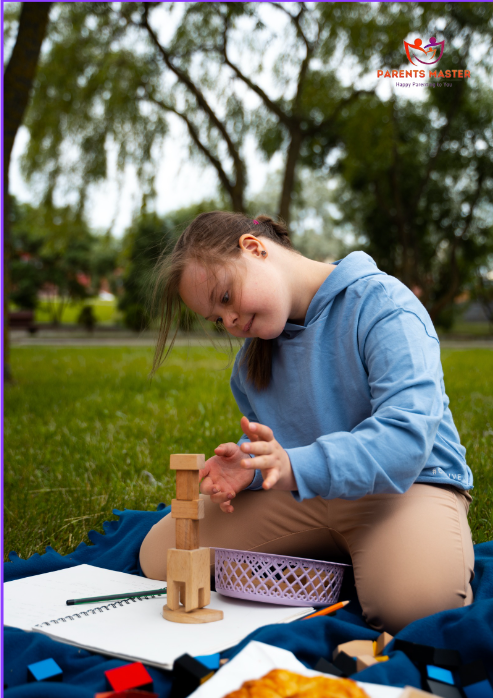What Not To Do With an Autistic Child?

Raising any child is a tedious task, and in case your child is autistic and you are not, it often becomes even harder to understand their behaviors. In this regard, it’s important to know What not to do with an Autistic Child to ensure that you do not hurt or damage them.
Here, we will list things to avoid doing because they may well cause damage to an autistic child.

1. Don’t involve them in complicated tasks.
Be specific, direct, and concrete. Don’t speak to them as if you’re speaking to a toddler. What is essential to be specific about is that you just speak to them like a person. Speak clearly, and ensure you’re being precise about what you’re saying.
2. Don’t stop if they stim.
Stimming behavior is harmless; rather, it’s beneficial in the manner that it helps autistic people self-regulate and cope with the world around them. Also, that makes it easier to stop them from having negative side effects. Autistic people shouldn’t be held responsible for stimming simply because other people feel uncomfortable.
3. Don’t leave them unattended too long.
While you’re raising an autistic child, be specific about Supervising or keeping a line of sight so they’re not completely on their own. That doesn’t mean you need to watch them like a prison guard all day. Let them play in the living room even if they want to do so for a longer period. But ensure that they are not harming themselves during playtime. When autistic children grow older, they want more independence; it’s worth giving them their privacy.
4. Don’t try to discipline them when they’re struggling.
While you’re raising an autistic child, Respect their autonomy, and it’s vital to allow them to reset, self-regulate, and enjoy comfort. It’s a good idea to discuss their behavior and work together to find coping techniques.
5. Don’t punish them
Never try to force autistic children to eat something they dislike. What’s essential to remember is that you need to Respect your autistic child’s autonomy and create healthy relationships with food. It’s not wrong to play with their food or eat it in a way that is not socially appropriate.
Signs Your Autistic Child Will Talk
Communication serves as a bridge that connects us and allows us to express our thoughts, emotions, and needs. As parents or guardians of autistic children, you need to embrace the tedious path of speech development, filled with promising signs indicating a child’s potential to embrace speech. Intricate strategies facilitate effective communication for autistic children.
Understanding Autism and Communication Challenges
A neurodevelopmental condition, Autism Spectrum Disorder (ASD), affects communication and social interaction. Autistic children experience difficulties in developing speech and language skills. Recognizing signs that point toward speech development is crucial.
Promising Signs Your Child Will Talk
Certain signs are indicators of progress and potential and serve as important guideposts for parents and caregivers, offering a glimpse into the prospect of verbal communication.
Early Gestures and Nonverbal Communication
Autistic children communicate through gestures, facial expressions, and body language, signifying nonverbal cues as precursors to verbal communication.
Vocalization and Babbling
Autistic children engage in vocalizations and babbling, indicating their desire to communicate and exploration of sound.
Imitating Sounds
Autistic children mimic sounds to show readiness for verbal expression and demonstrate an eagerness to engage with spoken language.
Visual Supports
Autistic children use visual aids like pictures or symbols so that it is easier to express their thoughts and needs. They use this technique while expressing themselves when words are challenging.
Signs of an Autistic Child at Age 2 include Repetitive behaviors and differences in play, imitation, and feeding habits. Signs of an Autistic Child at Age 3 include always playing alone, not speaking, and presenting unusual body movements, among others.
Final Words
We have stated the essential points about What not to do with an Autistic Child. So it’s worth noting that Parents or guardians of autistic children may feel stressed, and often, it becomes tedious to manage behavioral issues.
So, it’s vital to choose the right parenting style for your autistic child. Besides, it is also vital to talk to your healthcare team about the best parenting techniques to connect with family members, friends, and local organizations providing services to families with autistic children.
For More Such Parenting Tips:
Parental Guide for Training Children with ADHD successfully.




